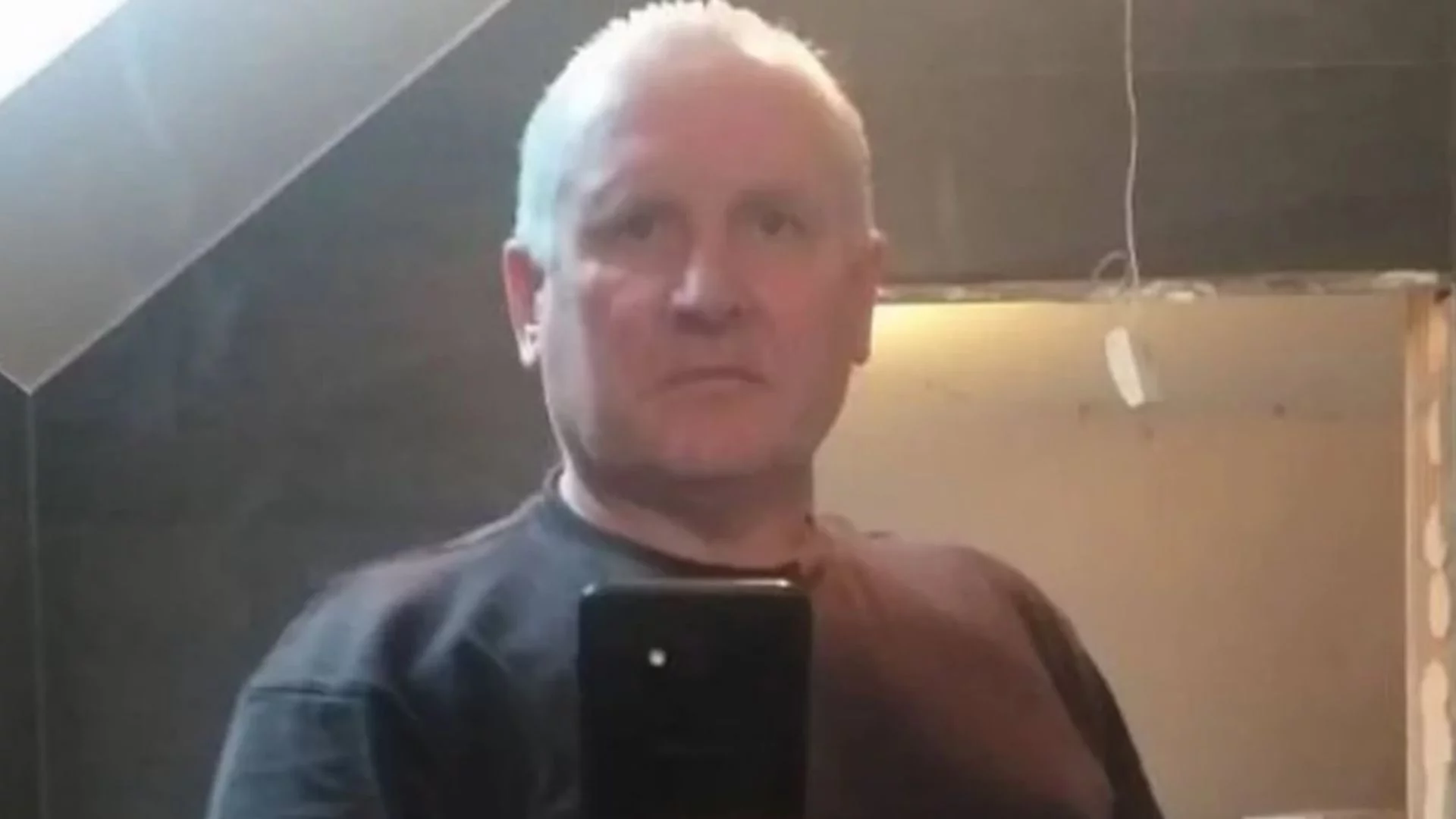A University of Cambridge graduate who died after refusing chemotherapy told a court that she was "anti-vax" and always turned to her mother first for health advice, an inquest has heard. Paloma Shemirani, 23, died at Royal Sussex County Hospital on July 24 2024 after declining the treatment for non-Hodgkin lymphoma.
Her mother, Kay "Kate" Shemirani, rose to prominence on social media while sharing Covid-19 conspiracy theories, the inquest at Oakwood House in Maidstone, Kent, heard previously. In written statements submitted to the family division of the High Court in Spring 2024, Paloma said she declined chemotherapy partly because of her "background in natural healing", the inquest heard on Monday.
Court proceedings revealed treatment stance
The proceedings, which involved the Maidstone and Tunbridge Wells NHS Trust, were on the appropriateness of her care and Paloma said she was "delighted" with her alternative treatment and "sure" she would "make a full recovery" if left to continue it, the inquest was told. She also claimed her human rights had been violated by NHS practitioners in the statements, which were read by lawyer Alison Hewitt.
Shemirani, who attended the inquest via video link, wept and held pictures of Paloma to the camera as they were read. The statement revealed her strong convictions about natural health approaches: "I am far from being a vulnerable young adult. Apart from becoming independent after I moved to Cambridge for university, I have practised the same principles that I grew up with."
Mother's influence on health decisions
She described always turning to her mother first when ill, as she was "a trained nurse and qualified nutritionist". Paloma called herself "practically fanatical about my health" and said close friends knew her as "a staunch advocate for all proven natural healing". She described her mother as "an extremely forceful advocate for natural health" who was "misquoted" by people claiming "those natural solutions are conspiratorial".
Shemirani was struck off as a nurse in 2021, with a Nursing and Midwifery Council committee finding she had spread Covid-19 misinformation that "put the public at a significant risk of harm", the inquest heard previously. Another statement in Paloma's name confirmed she was "anti-vax" and "a staunch advocate of the Gerson therapy".
Alternative treatment approach detailed
She had been using Gerson therapy on advice from her mother's ex-fiancé, Doctor Patrick Villers, and spent three weeks at his camp in Mexico aged 15 where it was practised. Gerson therapy involves a strict organic vegetarian diet and enemas and has been used in cancer treatment, though Cancer Research UK says there is no scientific evidence it can be used as a treatment for cancer. Her GP was monitoring her blood and progress, she said.
The former Cambridge student denied having the disease, saying "I was not diagnosed with non-Hodgkin's lymphoma... I have never had a shadow on my lung, this is absurd fantasy, no proof". She described the diagnosis as "suspected and unconfirmed" and said a "differential diagnosis" only meant cancer could not be ruled out.
Treatment fears and survival odds
Paloma understood she had a one in five chance of surviving the commonplace R-CHOP treatment offered and feared it would likely make her infertile. "I do not want to undergo such a harsh treatment that could even kill me when there is a possibility this is not cancer," she said. The High Court statement alleged multiple violations of human rights in her care, including Articles 3, 6 and 8 and possibly Articles 1, 5 and 12.
She expressed shock that such treatment could occur today, referencing Nazi doctor Josef Mengele who performed experiments on victims in Auschwitz. The patient said symptoms she presented with in hospital - including a swollen face, excruciating chest pain and being unable to move her arm - had subsided. The inquest continues.
(PA) Note: This article has been edited with the help of Artificial Intelligence.







